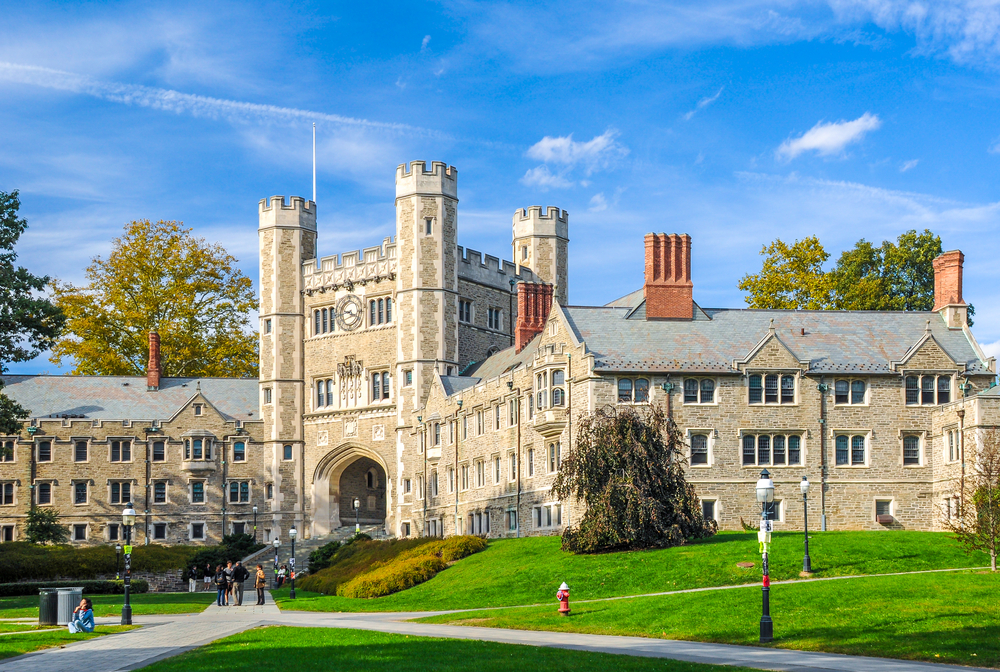ICE Ruling and Universities’ Autonomy

Educational groups across the country are releasing statements that denounce the ICE policy requiring international students to leave the US if their classes are fully online. These statements focus on the cruelty of it, the complexity and lack of clarity, and even the economic devastation.
Harvard and MIT are suing to block the rule claiming that it violates the Administrative Procedures Act which requires administrative agencies like ICE to offer a reasonable basis justifying the policy and give public notice to provide opportunity to comment on it.
But beyond these complaints there is another deeply pernicious aspect to this ruling. ICE’s policy represents a significant encroachment on universities’ autonomy to determine how best to educate their students. The federal government has made two false assumptions about education that no college likely accepts:
- Education at colleges only happens in the classroom
- When courses happen online, the students can be anywhere in the world and still get an education that is as effective.
Both of these are false. There is all sorts of learning that happens on a college campus outside of class time that might still happen face-to-face even when instruction takes place online. For example, professors might meet one-on-one outdoors with students and they might even prioritize meeting with international students who could face cultural or linguistic barriers. I, for instance, tend to hold extra office hours for students who might need extra assistance or guidance with respect to their coursework, and my international students are often the students who take me up on that.
Even if a student takes their classes online, there will likely be a wide-range of face-to-face activities that provide opportunity to meet an institution’s educational goals. Co-curricular activities could happen in socially-distanced settings. Students might be organized into smaller bubbles that could meet face-to-face for the purposes of study or group projects. Students might also join student clubs and organizations where genuine learning happens in safe, manageable settings.
Another part of the educational experience that ICE ignores is the value of studying in another country/cultural setting. Most liberal arts colleges boast on how big their study abroad programs are. Last year, DePauw ranked 4th among four-year baccalaureate institutions for affording its students the opportunity to study abroad. Why is this boastworthy? Because it is widely agreed that there is significant educational value in academic experiences in other environments (and that this value goes beyond what you learn in the classroom). That’s what international students come here for. A 21st-century liberal arts education basically requires that students learn about other countries and cultures, and international students see significant value in learning more about America and participating in that culture. Even without face-to-face instruction, students can still realize many of their educational goals by residing in America when they take their classes online.
The ICE decision is an affront to the autonomy and rights of educational institutions to determine what their learning goals are and what the best methods are at their disposal to deliver on their promise to help students achieve them. We should be appalled by the cruelty and harm of this ruling for international students. We should also be appalled at this assault on the freedom of institutions of higher education. ICE has no business deciding what constitutes genuine learning. That is a decision that should be left up to the institutions of learning.




